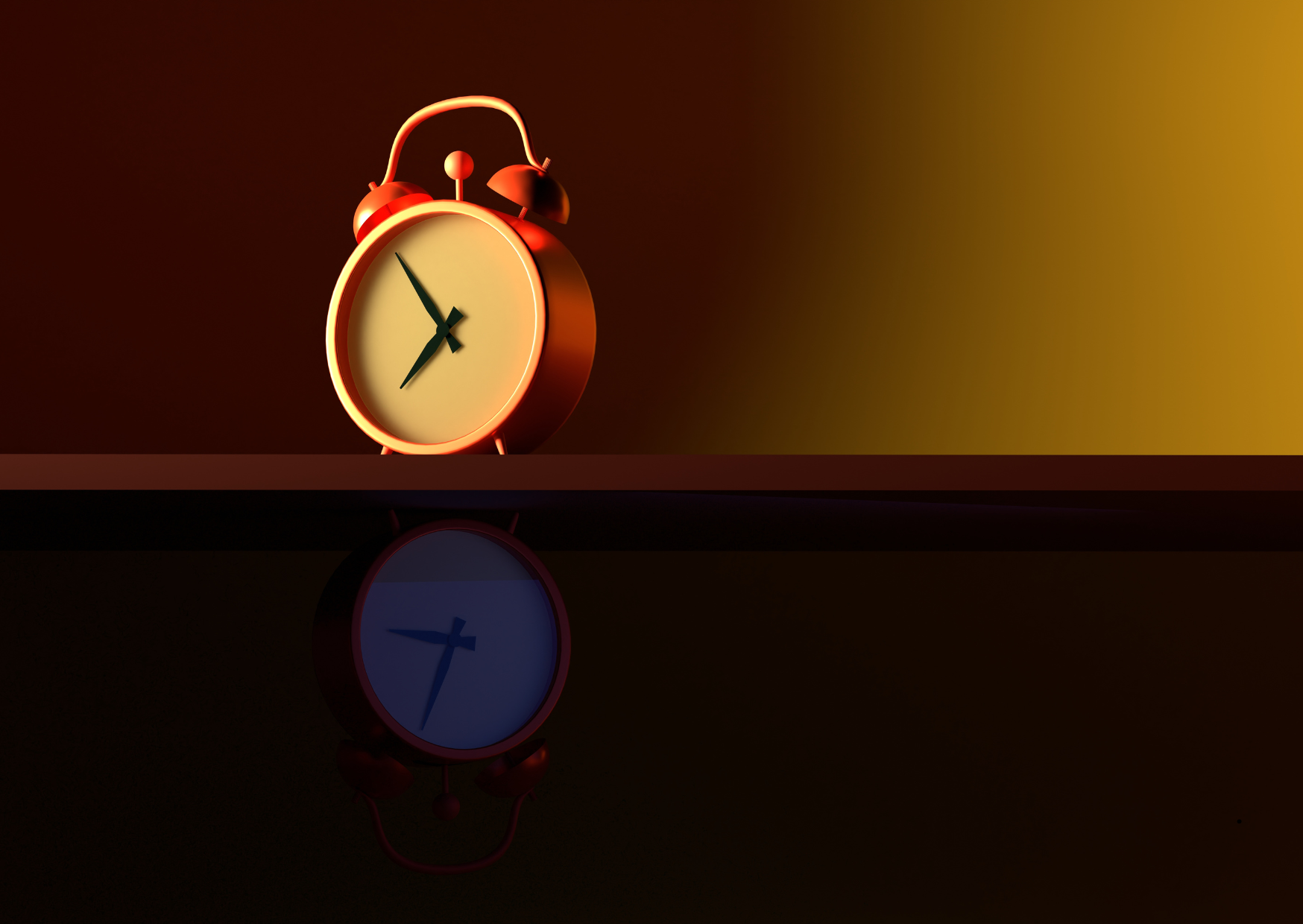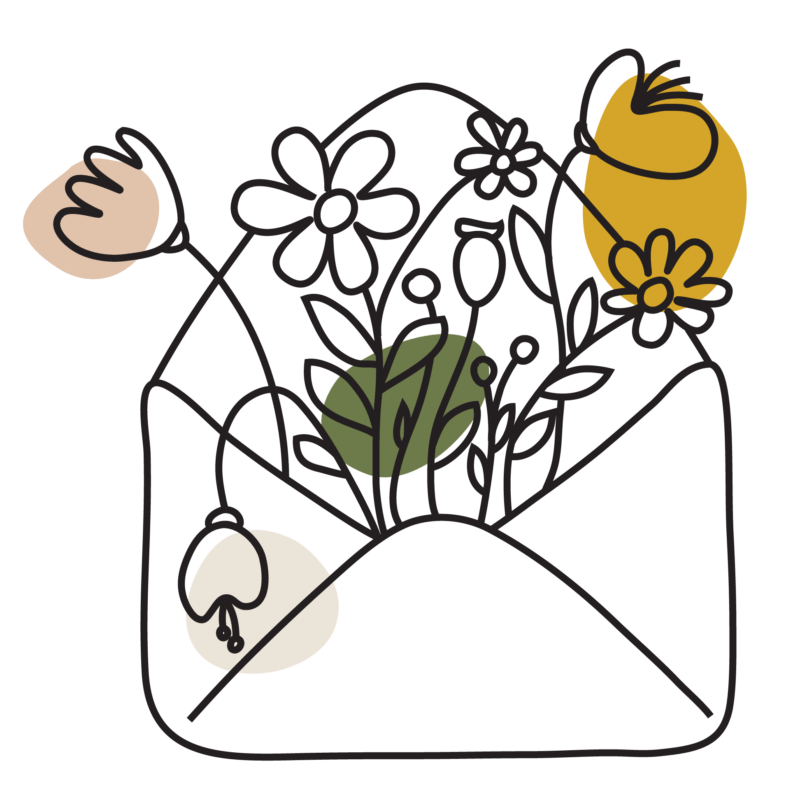In Your Rhythm: Aligning Your Day with Your Biological Clock

Understanding the importance of your circadian rhythm is one thing, but now it’s time to put that knowledge into action! So, how can you align your daily life with your natural rhythm?
I’ve cooked up some tips based on a heap of scientific research. In case you didn’t know, the circadian rhythm has become a superstar in the scientific world, with nearly 30,000 studies and papers analyzing its impact on our health. Let’s dive into the juicy details!
First, a few general notes
- Before you whip up your personal routine that syncs with your natural rhythm, take a moment for some mindful self-reflection:
-What time do you find it easiest to wake up, and when do you start feeling tired?
-When do you feel hungry?
-Do you use the bathroom regularly at certain times?
-When do you feel the most energized, and when do you experience energy dips?
-When is your best time for analysis, creativity, or meetings?
These five simple questions can help you tune into your natural tendencies. Some of us are early birds (about 40% of the population, according to research), meaning we’re more active in the morning. Others are night owls (30%), performing better later in the day, while the rest are somewhere in the middle (30%). Spend a few days tracking your energy fluctuations and natural body functions before diving into planning, and you’ll save yourself some effort and a few disappointments.
- The number one rule for creating any routine is… consistency! I know it sounds a bit dull, but the more you stick to it, the happier your body will be. Start by setting regular times for basic activities like waking up, going to bed, and eating meals.
- How do you feel when you wake up? Reflect on how your pre-sleep activities impacted your rest. This is a great opportunity to weave a little extra mindfulness into your routine.
Now let’s break it down.
Morning:
- Regular Wake-Up Time
Did you know that cortisol, often labeled the “bad guy,” actually plays a key role in your mornings too? Its gradual release in the early hours helps you wake up naturally. The more consistent your wake-up times, the better your body gets at scheduling that cortisol release—making it easier to get up, and who knows, maybe one day you’ll even ditch the alarm clock!
- Get Some Light Exposure
Morning sunlight exposure is one of the best things you can do for… your sleep! Just a few minutes of natural light on your face—even through clouds—helps regulate melatonin, your sleep hormone. Depending on the light’s intensity, it only takes 2 to 10 minutes to signal your pineal gland that it’s time to prep for a restful night. So, try to soak up that early sunlight as soon as possible, and skip the sunglasses if you can!
- Peak Focus Time
Some studies suggest that about 3.5 and 11 hours after waking, we reach our peak for focus and motivation. When planning your day, try to reserve these peak times for those intellectually demanding tasks instead of, you know, checking emails or editing documents.
- Morning Self-Care
Mornings are perfect for lighter activities like yoga, meditation, stretching, or a walk. Avoid intense workouts if possible, as your body is likely still waking up and not at its peak performance. Take it slow and ease into the day, prepping your body and mind for what’s ahead.

Afternoon:
- Best Time for Exercise
Speaking of exercise, between 2:00 and 4:00 PM, your body is in peak condition for more demanding physical activities. In the morning, you might not have enough energy, and by evening, it’s better to focus on winding down. Midday workouts make sense because by then, you’re well-nourished, fully awake, and your body temperature is at its highest, boosting metabolism, flexibility, and muscle readiness.
- Watch Out for the Afternoon Slump
Who else feels that post-lunch need for coffee? That early afternoon energy dip is real, and you can thank your circadian rhythm for telling your body it’s time to chill. If you’re running on little sleep or had a tough morning, the slump hits even harder. So, what can you do to fight it? Coffee’s one option, but how about a quick walk or some gentle yoga? And keep an eye on those meals—big, carb-heavy lunches are basically an invitation for a nap.
- Turn On the Lights
…or, if possible, look out the window as much as you can! Studies confirm that exposure to light, even during the day, helps maintain focus and activity, especially during that afternoon energy dip. If you’re feeling sluggish, brighten your workspace using the overhead lamps or simply get more sun!
Evening:
- Wind Down Better
At the end of the day, it’s important to give yourself time to unwind because it rarely happens on its own. Taking a moment to calm your mind can be the best investment in your sleep. Evening walks, restorative yoga, or meditation can be helpful. Personally, I love long baths with aromatic salts and curling up with a good book in bed. What about you? A personalized evening routine is a fantastic way to shift from “doing” to recovery mode. It helps slow down the production of stress hormones, so by the time you hit the bed, your body’s relaxed, and your mind’s at peace.
- Dim the Lights
Scientists say it’s best to turn off those bright overhead lights and switch to softer, warmer lamps after 10 PM to create the perfect setting for melatonin to work its magic. And I’m sure it’s no surprise that avoiding screens—like phones and TVs—at least two hours before bed is key too. Blue light from screens suppresses melatonin, which can totally mess up your chances of a good night’s sleep.
I hope these tips help you effectively align your daily routine with your inner rhythm. I believe that with just a few small changes, you can reclaim more of that life-giving energy. Remember, the key to this journey is turning your focus inward to cultivate a deeper connection with your body.
My personal tip for achieving this? More mindfulness!
Dive deeper into related topics:
Is Seven a Lot? A Look at the 7 Types of Rest
You can live without rest – sure. But what kind of life is that, really?
It’s definitely not how nature intended it. Every living thing follows a rhythm of activity and recovery. Except us humans… we keep trying to skip the recovery part. And well, the consequences? We’ve all seen them.
When Sleep Isn’t Enough: Managing Your Energy in Stressful Times
Some studies suggest that during stressful situations, we burn through up to 35% of our energy—almost twice as much as in “normal” circumstances. So, can we really talk about energy management without bringing stress into the conversation?
The Art of Rest: Why We Need It More Than Ever
I took a hard look at my daily habits. And I realized that among all my “good” activities, one crucial element was missing: recovery. Now, I’m not talking about sleep—that’s a biological necessity. Chronic sleep deprivation can literally kill you. But rest—as in intentional mental and physical recovery—isn’t just a luxury. It’s essential.



0 Comments